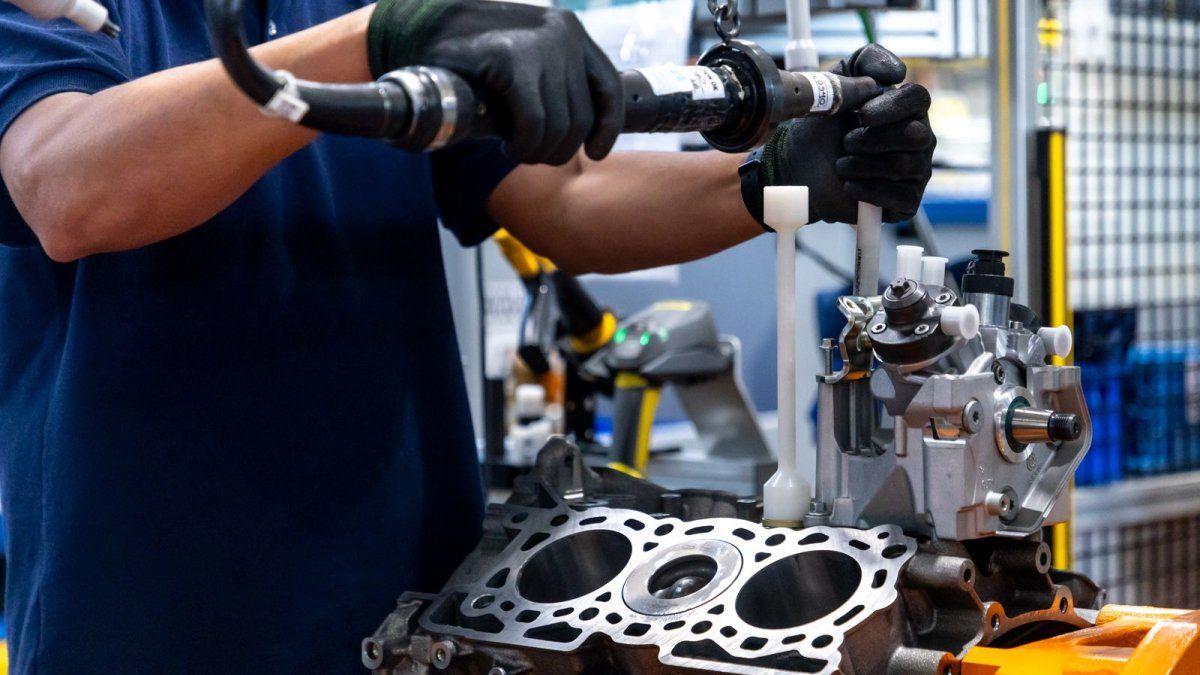So, we must ask ourselves something fundamental: What is the best way to store my digital assets? In 2018, being part of the International Financial Action Task Force (FATF), I had the opportunity to carry out investigations with intelligence platforms, tracking crypto-focused cybercriminals. With the help of financial intelligence units and law enforcement groups, criminals have been arrested across Europe, the US and Asia.
Holders of digital assets need a private key, a long password similar to a bank PIN, in order to access and move their crypto. It is vital not to lose this key. For those who use hardwallets or physical wallets it is of the utmost importance save this key. According to Chainalysis – data provider and leader in crypto tracking – more than $100 billion in digital assets have been lost due to negligence in how to store private keys.
The private keys, and therefore the cryptos, can be stored online in wallets or in exchanges such as Binance, Kucoin, Bitfinex, etc. called hot wallets. This allows users to easily enter their account, trade, transfer and connect with brokers, exchanges and all kinds of services.
The interesting thing is that thousands of young people and adults have this access and passwords on the phones they use daily. What does this mean? That somehow many are walking down the street with tens of thousands of dollars in their pocketswhich can be extracted by common criminals or by cybercriminals, who increasingly manage to crack cell phones.
In this framework, more and more platforms have implemented efficient security measures. In the case of Trustlink.io, the company has an access system combining facial and voice recognition of its customers. This is combined with custody and all-risk insurance. In turn, the development of insurance for cryptos stored on platforms of individual clients as well as institutions in the industry is one of the trends.
Companies protect assets like never before. In the south of England, the Vo1T company acquired by Genesis (from the Winklevoss twin brothers) owns an underground bunker patrolled by elite military personnel. Other services, employing biometrics for clients, are emerging all over the planet.
For most crypto holders, the recommendations are clear: mainly, do not have your private keys on your phone. To this I must add that the trend in security will force us to have our access codes in cell phones that do not use SIM cards.
The bad news is that most phones that use SIM cards are at risk. In recent months the SIM Swap (duplication of SIM cards) is becoming more and more common. This allows access to all information on a phone. The use of phones without a SIM, such as the Google Pixel, combined with the safeguarding of the Authenticator codes in apps such as Authy (App that encrypts these keys) is something important to implement.
Being a victim of fraud or an attack is always possible, especially with the sophistication of new criminals on the web. This is not only for crypto but also for all the information that we have on our cell phones and that are part of our daily lives.
Founder of Trustlink.io
Source: Ambito




